Bottom Currents in a Stagnant Environment: Preliminary results from the EUROFLEETS 2 BURSTER cruise
(RV Polarstern, expedition PS99-1)
| Project Acronym &Title: BURSTER – Bottom Currents in a Stagnant Environment Area: Kveithola glacial trough, South of Svalbard, Arctic Research Vessel: RV Polarstern, AWI-Germany Chief scientist: R.G. Lucchi (OGS, Trieste, Italy) Other project partners: University of Oslo (UiO), Norway; Geological Survey of Denmark and Greenland (GEUS), Denmark; University of Barcelona (UniBCN), Spain; CSIC-ICM, Barcelona, Spain; University La Sapienza (UniRome), Rome, Italy; University of Pisa (UniPI), Pisa, Italy; Polytechnic University of Marche (UnivPM), Italy; Federal Inst. for Geosciences and Nat. Resources (BGR), Germany; University of Parma (UniPR), Italy; Adam Mickiewicz University (AMU), Poznan, Poland; Spanish Institute of Oceanography (IEO), Malaga, Spain; Lomonosov Moscow State University (MSU), Russia; University of Tromsø (UiT), Norway; AWI, Germany; Nanovision S.r.l., Brugherio, Milan, Italy (http://www.nanovision.it) Date: Bremerhaven-Longyearbyen, June 13–23, 2016 |
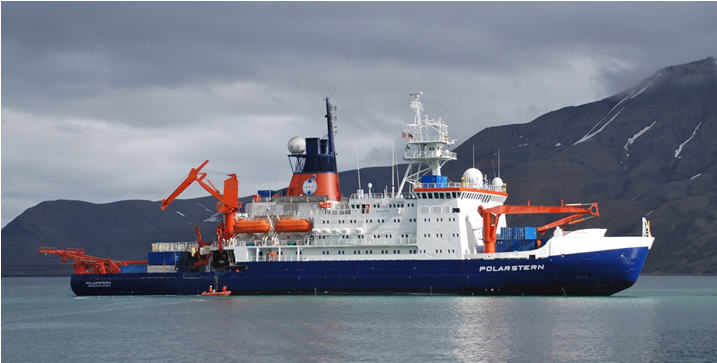 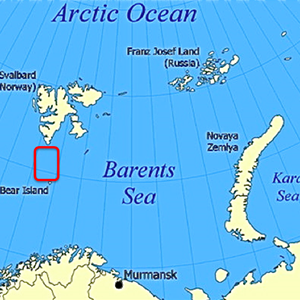 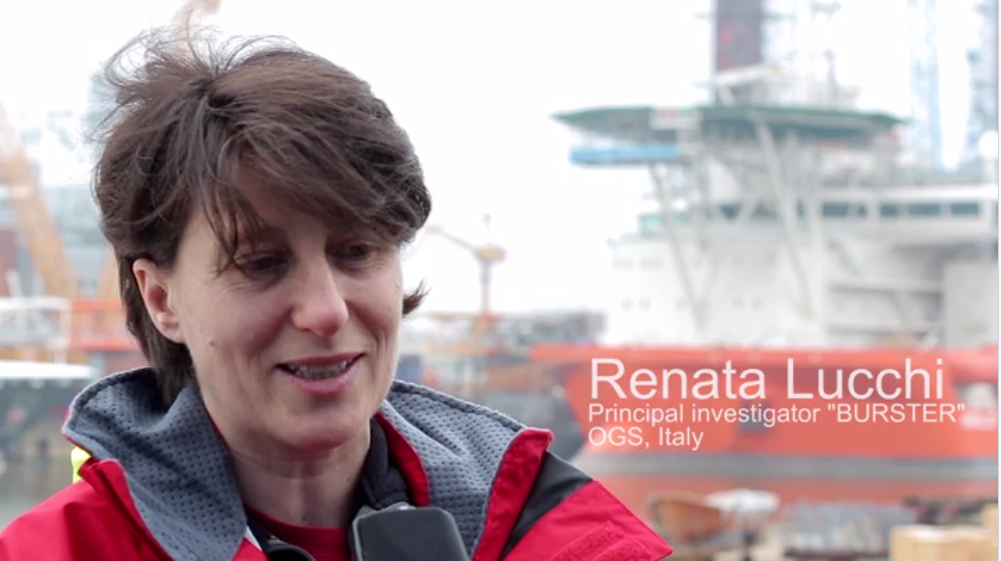 |
|
Lucchi R.G., Bazzaro M., De Vittor C., Kovacevic V., Musco M.E., Relitti F., Rui L., Deponte D. (OGS, Italy); Biebow N. (AWI, Germany); Carbonara K. (UniPR, Italy); Caridi F., Sabbatini A. (UnivPM, Italy); Dominiczak A. (AMU, Poland); Gamboa Sojo V.M., Morigi C. (UniPI, Italy), Graziani S., Ruggiero L. (UniRoma, Italy); Krueger M., Zoch D. (BGR, Germany); Le Gall C. (EGU-GIFT, Teacher at Sea); Mazzini A. (UiO, Norway); Povea P. (UniBCN, Spain); Sánchez Guillamón O. (IEO, Spain); Tagliaferro M. (Nanovision S.r.l.); Topchiy M. (MSU, Russia and UiO, Norway); Wiberg D. (UiT, Norway); Bensi M., Laterza R., Langone L. (DEFROST collaborating project). |
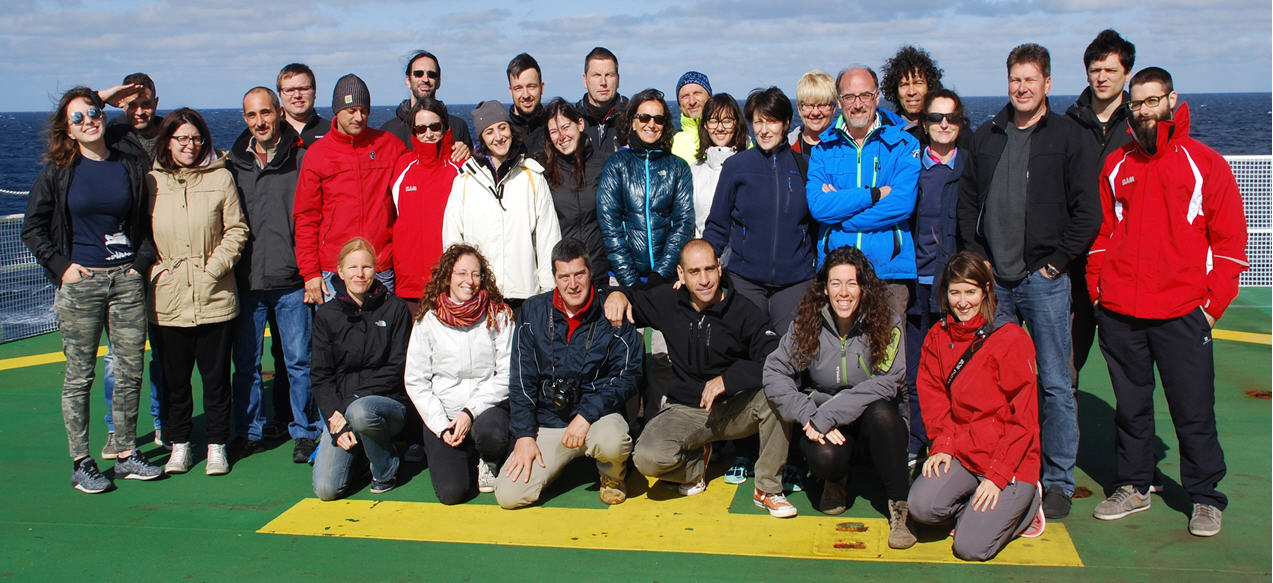 |
Main Objectives
BURSTER project aimed to investigate the hydrographic conditions and the possible gas seepage activity present in the inner part of the Kveithola glacial trough (South of Svalbard). Additionally, it aimed to study climate induced environmental changes controlling the evolution of living organisms in extreme environments. The cruise was conceived as a preliminary investigation on which results would be defined a major project to reveal the Kveithola bio-geochemical system.
Specific oceanographic objectives are:
1) The study of water mass properties through hydrographical sections along key transects (synoptic CTD measurements over the area), and 2) the definition of water masses characteristics through bio-geochemical analyses of water samples.
Specific geological, biological and environmental objectives are:
1) Definition of isotopic signature to assess the origin of the seeping fluids; 2) Characterization of natural seepage using geophysical and geochemical data; 3) To investigate the presence of authigenic carbonates and/or chemosynthetic communities on the seafloor (video + sampling); 4) The analyses of past and recent benthic foraminiferal communities and their resilience to oxygen depletion and methane emissions as potential indicators of variation in oxygen and carbon dioxide concentrations and hydrocarbon seeps; 5) Definition of temporal variation of the benthic foraminiferal assemblages (through sediment cores) and study of living benthic foraminifera in terms of density and biodiversity; 6) Evaluation of existing and future impacts of dysoxia on pelagic and benthic ecosystems by assessment of its biogeochemical, biological and ecological consequences in the Kveithola drift (seafloor sampling); 7) Calibration of geochemical and biological proxies applied to living benthic and planktonic foraminifera in order to assess the variation in oxygen concentration and hydrocarbon emission and their impact in the biomineralization mechanisms. Proxies will be useful to interpret the fossil redox conditions; 8) To investigate high resolution centennial sedimentary records of the spatial and temporal changes in the redox conditions of the water column using inorganic and organic proxies, biomarkers, and isotopic signatures; 9) To study of the palaeoclimatic systems (from previous studies in the area) and their possible relation to oxygen depletion.
Work progress and main achievements
| During three days we collected 89 multi-cores (22.50 m of sediments and 830 sub-samples), 265 water samples, 28 CTD casts along 6 transects and 2.57 km of benthic camera survey (OFOS) and we managed the recovery/maintenance of two moorings deployed during a previous Eurofleets2 Cruise (RV G.O. Sars, June 2014). BURSTER cruise successfully recovered evidences of chemosynthetic activity in the Kveithola Trough with the presence of benthic fauna and large tabular and/or irregular-shaped rocks that share the same characteristics of methanogenic environments observed in gas seepage areas. The promising preliminary results obtained from this initial survey of the area will represent the base for the writing of a major project for a detailed investigation of the microbial, biologic and oceanographic system of the Kveithola Trough. |
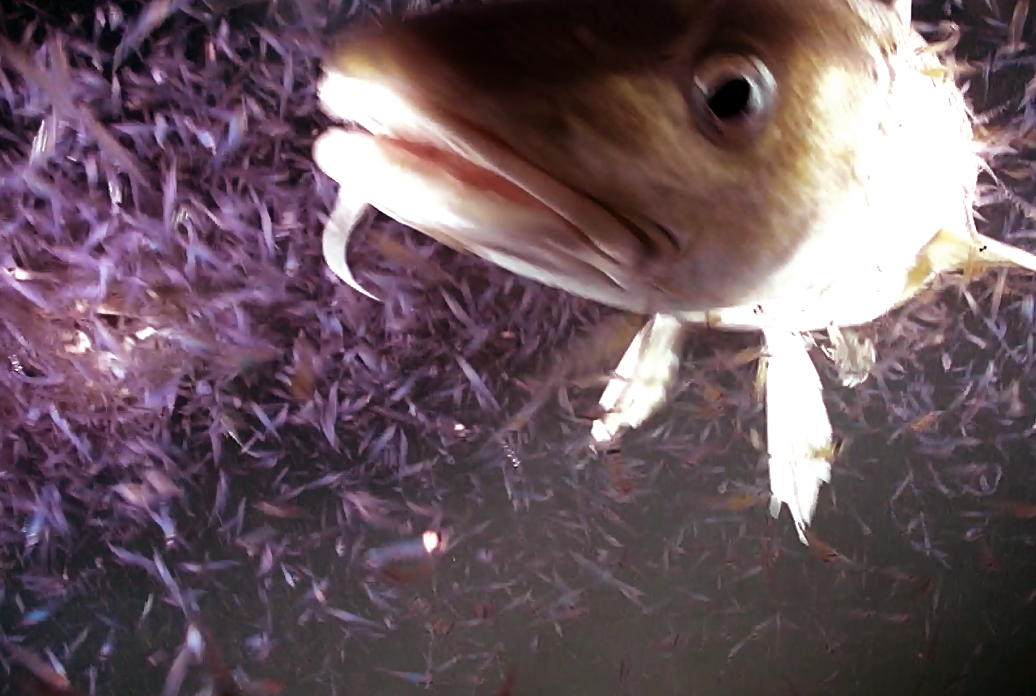 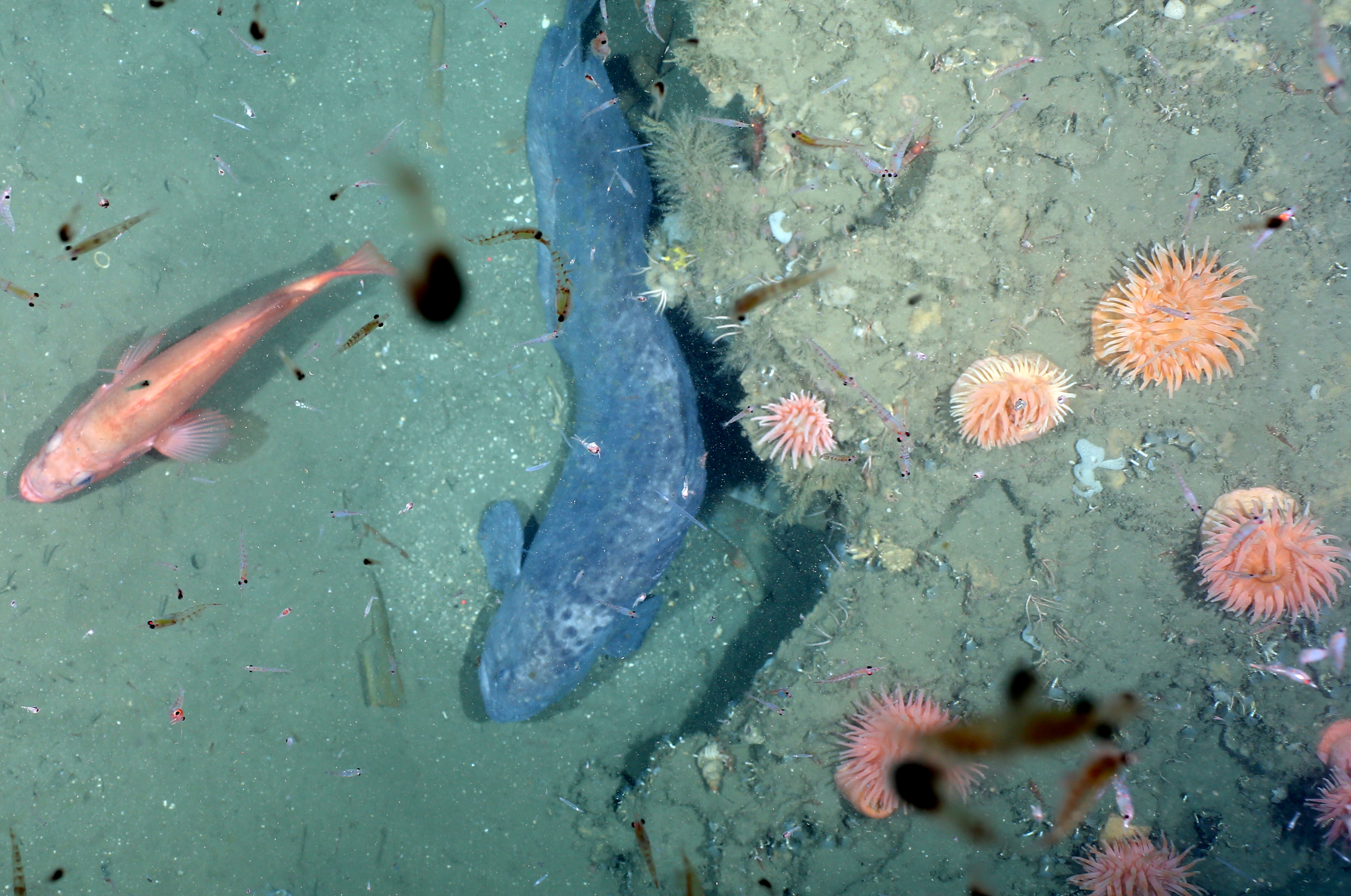 |
For more information:
BURSTER cruise hosted a Teacher at Sea (C. Le Gall) assigned by the EGU Committee on Education through the Geosciences Information for Teachers (GIFT) program (http://www.egu.eu/education/gift/). The teacher was involved during the on board research activities and was in charge to write daily reports of the activities together with the AWI Coordination Staff (http://eurofleets2burster.blogspot.it/, https://www.facebook.com/eurofleets2burster2016/, https://www.awi.de/nc/en/expedition/ships/polarstern/weekly-reports/single-view/presse/die-expedition-ps-99-bremerhaven-nach-tromsoe-uebersicht.html).
